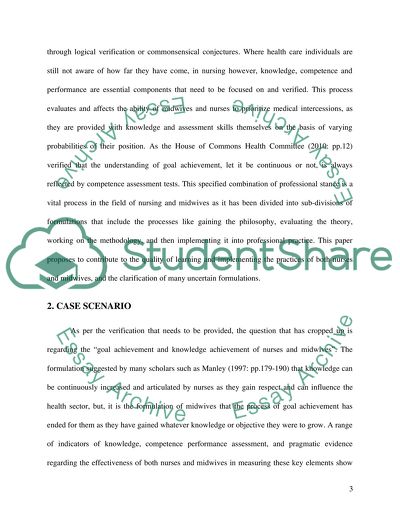Cite this document
(“Nursing and Midwifery Essay Example | Topics and Well Written Essays - 2000 words”, n.d.)
Nursing and Midwifery Essay Example | Topics and Well Written Essays - 2000 words. Retrieved from https://studentshare.org/nursing/1444595-knowledge-and-competence-and-professional-practice
Nursing and Midwifery Essay Example | Topics and Well Written Essays - 2000 words. Retrieved from https://studentshare.org/nursing/1444595-knowledge-and-competence-and-professional-practice
(Nursing and Midwifery Essay Example | Topics and Well Written Essays - 2000 Words)
Nursing and Midwifery Essay Example | Topics and Well Written Essays - 2000 Words. https://studentshare.org/nursing/1444595-knowledge-and-competence-and-professional-practice.
Nursing and Midwifery Essay Example | Topics and Well Written Essays - 2000 Words. https://studentshare.org/nursing/1444595-knowledge-and-competence-and-professional-practice.
“Nursing and Midwifery Essay Example | Topics and Well Written Essays - 2000 Words”, n.d. https://studentshare.org/nursing/1444595-knowledge-and-competence-and-professional-practice.


